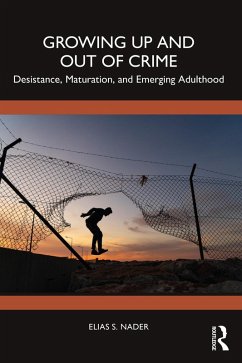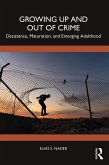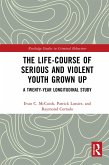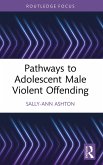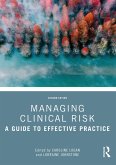Dieser Download kann aus rechtlichen Gründen nur mit Rechnungsadresse in A, B, BG, CY, CZ, D, DK, EW, E, FIN, F, GR, HR, H, IRL, I, LT, L, LR, M, NL, PL, P, R, S, SLO, SK ausgeliefert werden.
Hinweis: Dieser Artikel kann nur an eine deutsche Lieferadresse ausgeliefert werden.
Michael Rocque, Bates College
"Nader deftly integrates theory and research to address a major problem in criminology: as many of the well-known turning points supporting desistance from offending become increasingly rare, how do today's emerging adults form law-abiding identities? If marriage and employment spurred conformity for the generation after World War 2, what are the hooks for change that young people employ in the contemporary context? In answering these questions, Growing Up and Out of Crime advances the field of life course and developmental criminology and has important implications for crime policy."
Jamie J. Fader, Temple University College of Liberal Arts

